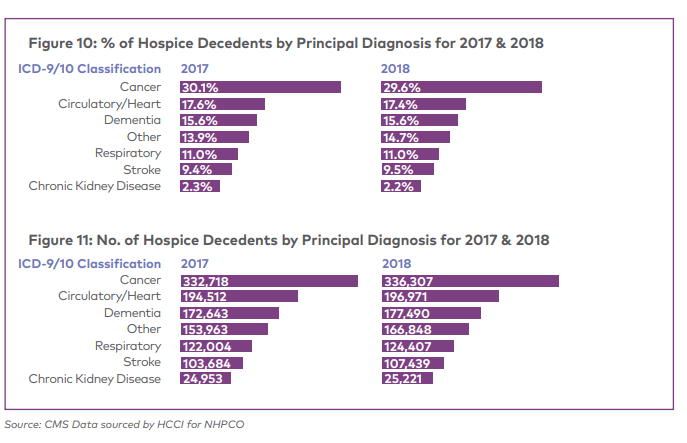


Hospice care is a specialized type of medical care that is designed to provide comfort and support to individuals who are facing a life-limiting illness or condition. As a healthcare professional, it is important to understand the concept of hospice care and the services that it provides to patients and their families.
Hospice care is not a place, but rather a philosophy of care that focuses on addressing the physical, emotional, and spiritual needs of individuals who are nearing the end of their lives. Hospice care is provided in a variety of settings, including the patient’s home, hospice centers, and nursing homes. The goal of hospice care is to help patients and their families to make the most of the time they have left together, with dignity and comfort.
Hospice care is provided by an interdisciplinary team of healthcare professionals, including doctors, nurses, social workers, chaplains, and volunteers. The team works together to provide comprehensive care that addresses the patient’s physical, emotional, and spiritual needs. They also provide support to the patient’s family and loved ones, helping them to cope with the emotional and practical aspects of caring for a loved one who is nearing the end of their life.
Pain and symptom management is a key component of hospice care. The hospice team works with the patient and their doctor to develop a plan to manage symptoms, such as pain, shortness of breath, and nausea, in order to ensure that the patient is as comfortable as possible.
It is important to note that hospice care is different from other types of end-of-life care, such as palliative care, which is designed to provide relief from symptoms and improve the quality of life for individuals who are facing a serious illness or condition. Hospice care is specifically for individuals who have been given a prognosis of six months or less to live, whereas palliative care can be given at any stage of a serious illness.

Cancer, heart failure, lung disease, and dementia are some of the most common conditions that qualify for hospice care. According to the National Hospice and Palliative Care Organization (NHPCO), cancer is the primary diagnosis for about 43% of hospice patients, heart failure is the primary diagnosis for about 10% of hospice patients, lung disease is the primary diagnosis for about 7% of hospice patients and dementia is the primary diagnosis for about 6% of hospice patients.
It is important to understand the conditions and diseases that commonly qualify for hospice care. Understanding the common conditions that qualify for hospice care can help patients and their families make informed decisions about end-of-life care.
Note: This list is not exhaustive and there may be other conditions that qualify for hospice care according to Medicare. It’s important to consult with a doctor or health care professional to determine eligibility for hospice care.

Heart failure is a progressive condition that occurs when the heart is unable to pump enough blood to meet the body's needs. Symptoms of heart failure include shortness of breath, fatigue, and decreased ability to perform daily activities. Hospice care can provide symptom management and support to help patients and their families cope with the end-of-life journey.

Cancer is a broad term that encompasses many different types of malignant tumors, including lung cancer, breast cancer, prostate cancer, and colon cancer. Cancer can be a life-limiting illness, and when it has progressed to a stage where curative treatments are no longer effective, hospice care can provide much-needed comfort and support to both the patient and their family.

Lung disease is an umbrella term that encompasses a wide range of respiratory disorders, such as chronic obstructive pulmonary disease (COPD), emphysema, and pulmonary fibrosis. Symptoms of lung disease can include shortness of breath, coughing, and chest pain. Hospice care can provide symptom management and support to help patients and their families cope with the end-of-life journey.

Dementia is a broad term that encompasses a range of degenerative brain disorders, such as Alzheimer's disease and Parkinson's disease. Symptoms of dementia can include memory loss, confusion, and difficulty with daily activities. Hospice care can provide symptom management and support to help patients and their families cope with the end-of-life journey.

ALS is a progressive neurodegenerative disease that affects nerve cells in the brain and spinal cord. It leads to muscle weakness, paralysis, and eventually death. Hospice care can provide symptom management and support to help patients and their families cope with the end-of-life journey.

ESRD is a condition where the kidneys no longer function properly and can no longer filter toxins from the blood. It requires dialysis or transplantation to sustain life. Hospice care can provide symptom management and support to help patients and their families cope with the end-of-life journey.

HIV/AIDS is a chronic, progressive disease that attacks the immune system and can lead to a wide range of complications, including infections, cancers, and neurological disorders. Hospice care can provide symptom management and support to help patients and their families cope with the end-of-life journey.

Liver disease is a broad term that encompasses a wide range of liver conditions, such as cirrhosis and liver cancer. Symptoms of liver disease can include jaundice, abdominal swelling, and confusion. Hospice care can provide symptom management and support to help patients and their families cope with the end-of-life journey.

Multiple sclerosis is a chronic, progressive disease that affects the central nervous system. It can lead to symptoms such as muscle weakness, fatigue, and difficulty with coordination. Hospice care can provide symptom management and support to help patients and their families cope with the end-of-life journey.

Meet Matthew, a healthcare professional with over 10 of experience in the medical field. With a passion for improving end-of-life care, Matthew brings a wealth of knowledge and expertise to Hospice Report. Matthew has worked in a number of strategic marketing roles at some of the largest healthcare networks globally and brings a unique perspective on the future of patient care.

Copyright 2023 Hospice Report, All Rights Reserved. | Privacy Policy